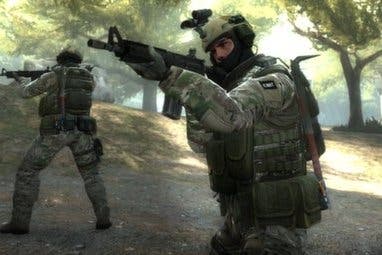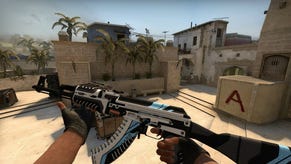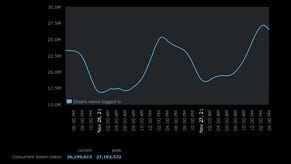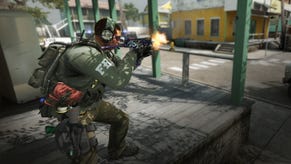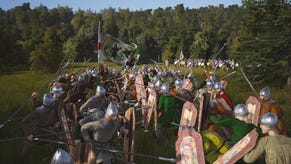Valve issues warning to Counter-Strike: Global Offensive eSports community
Tells players not to gamble, but will they listen?
In its ongoing bid to clean up the Counter-Strike: Global Offensive eSports community, developer Valve has told all involved with its events to avoid gambling on matches.
Shock-waves were sent crashing through the Counter-Strike eSports community when a raft of high-profile players were found to have profited from a recent Cevo Season 5 match between teams iBUYPOWER and NetCodeGuides.com.
iBUYPOWER were accused of deliberately losing a match they were expected to win after multiple unusual bets were placed just prior to the match by a player connected to players on both sides. The wagers were said to have generated more than $10,000 in earnings from the sale of in-game item rewards.
Now, Valve has taken the step of issuing a warning to all associated with a Valve-sponsored CS:GO event.
"Professional players, teams, and anyone involved in the production of CS:GO events, should under no circumstances gamble on CS:GO matches, associate with high volume CS:GO gamblers, or deliver information to others that might influence their CS:GO bets," Valve said in a statement on the CS:GO website.
"To clarify - as a professional player, team manager or event production staff, it is common to have personal relationships and/or privileged information about other teams and players. Because of this, we will always assume that you have access to private CS:GO-related 'inside information' that might give you an unfair advantage when placing a bet on any CS:GO game or match.
"Betting using inside information, or even the perception or suspicion thereof, carries a significant risk of damaging your personal brand, your team, your community, and may lead to exclusion from future Valve-sponsored events."
Valve suggested current professional players and anyone who wishes to take part in a Valve-sponsored CS:GO event in the future should just forget about gambling altogether.
Valve's competitive first-person shooter CS:GO enjoyed explosive growth during 2014, and has taken centre stage at a number of major eSports events across the globe.
More than 500,000 concurrent viewers watched the Grand Finals at DreamHack Winter 2014, for example. Last year player numbers grew by more than 250 per cent, with content contributors grossing more than $3.5m selling their items and maps for the game, according to official figures from Valve. The game saw an impressive 5.5 million unique players in the last month.
But Counter-Strike's reputation has been marred by accusations of match-fixing and gambling at the highest level of professional play, prompting Valve to step in.
"It's important to consider the substantial impact an individual professional Counter-Strike player has on the health and stability of the sport," Valve continued.
"Performing before an audience of millions of fans, you are ambassadors for your game - the strength of professional Counter-Strike comes from the integrity of its players and teams."
The next major Valve-sponsored CS:GO tournament is ESL One Katowice 2015, which carries a $250,000 prize pool.
The tournament, which takes place at the Spodek Arena in Katowice, Poland from 12th-15th March, will feature the eight quarter-finalists from DreamHack Winter 2014, as well as eight teams to be determined through upcoming qualifiers.
